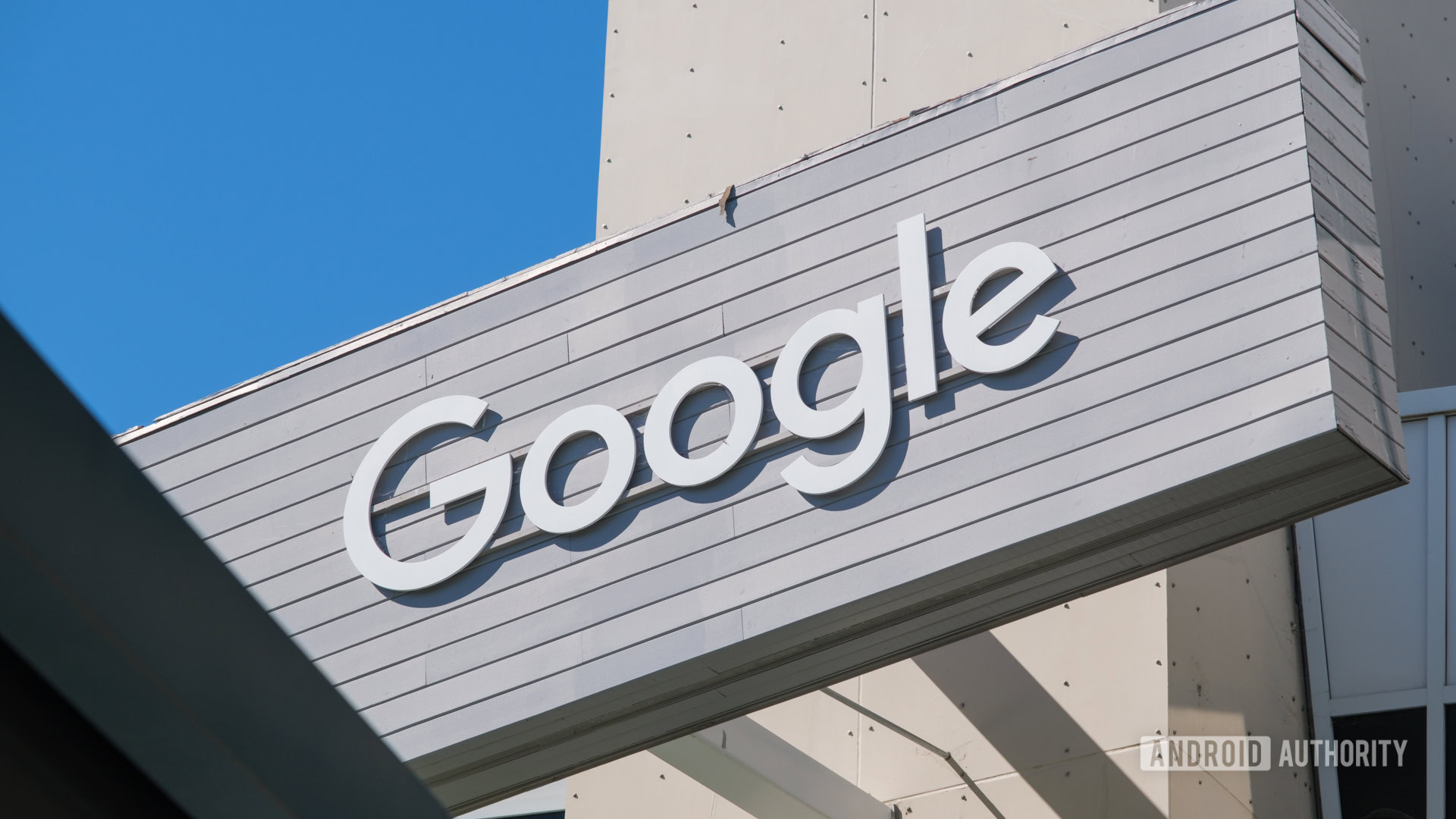Affiliate links on Android Authority may earn us a commission. Learn more.
Google doesn't have to refund Google Play gift card scam victims
November 6, 2024

- A federal judge ruled that Google isn’t obligated to refund victims of Google Play gift card scams.
- The ruling found that Google didn’t directly encourage scams and thus isn’t liable for victims’ losses.
- The plaintiff argued that Google profits from these gift cards and has the technology to detect and prevent them.
In a recent federal court ruling, Judge Beth Freeman found that Google is under no obligation to refund users who fall victim to scams involving Google Play gift cards. (h/t: Ars Technica)
The case, brought by plaintiff Judy May, centers around a common but often under-reported scam tactic: tricking individuals into purchasing gift cards under false pretenses. Freeman’s decision largely favors Google, highlighting the tech giant’s legal distance from liability in cases where third-party scammers drive the transactions.
The lawsuit began when May, a scam victim from 2021, lost $1,000 after being misled into buying Google Play gift cards as part of a government grant scam. May was instructed to share the codes from her gift cards to supposedly cover “processing fees” for the grant, only to discover later she had been duped. When she sought a refund from Google, the company denied her request, citing its policy to refuse refunds for gift card transactions.
May's complaint argued that Google should take greater responsibility, pointing out that gift card scams are a well-documented issue.
According to the Federal Trade Commission (FTC), Google Play gift cards made up roughly 20 percent of all reported gift card scams from 2018 to 2021, accumulating over $17 million in reported losses. May asserted that Google is aware of the prevalence of such scams and should do more to inform consumers about the risks, potentially by adding clearer warnings on the gift cards themselves.
Judge Freeman ruled in favor of Google’s motion to dismiss most of May’s claims, emphasizing that Google did not play a direct role in inducing the scam. “May suffered economic harm because of third-party scammers’ fraudulent inducement, not Google’s omission or misrepresentation,” Freeman wrote.
May also argued that Google profits from the scams indirectly.
Since the company takes a commission of 15 to 30 percent on Play Store purchases made using gift cards, the lawsuit claimed Google benefits financially from the very scams it declines to address. However, the judge found this argument insufficient, highlighting that May’s losses resulted from misuse of the gift cards and were not tied to any deceptive actions by Google itself.
The judge dismissed a claim for triple damages, reasoning that May’s awareness of the scam lessened the likelihood of her being tricked again, making it difficult to argue for additional compensation. However, Freeman did leave the door open for May to amend certain parts of her complaint within the next 45 days.
Google also argued that its stance on gift card refunds aligns with the policies of other major retailers, including Walmart and Target, which also refuse to refund scammed gift card purchases.
This industry standard could have played a role in the judge's decision, as it supports the idea that Google's policies are not uniquely unfair.
This ruling sets a somewhat concerning precedent, effectively absolving Google of any responsibility in protecting its users from fraudulent activities. While it is undeniable that scammers are the perpetrators of these crimes, Google’s awareness and inaction regarding these scams do raise some ethical concerns.
The judge’s decision also serves as a reminder of the limitations of consumer protections in cases involving gift card scams. It is crucial than ever, for individuals to be vigilant and take steps to protect themselves from online scams. Remember the golden rule: If it sounds too good to be true, it probably is.
Thank you for being part of our community. Read our Comment Policy before posting.